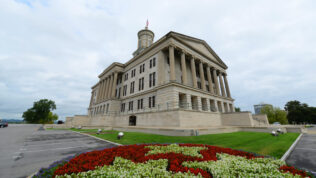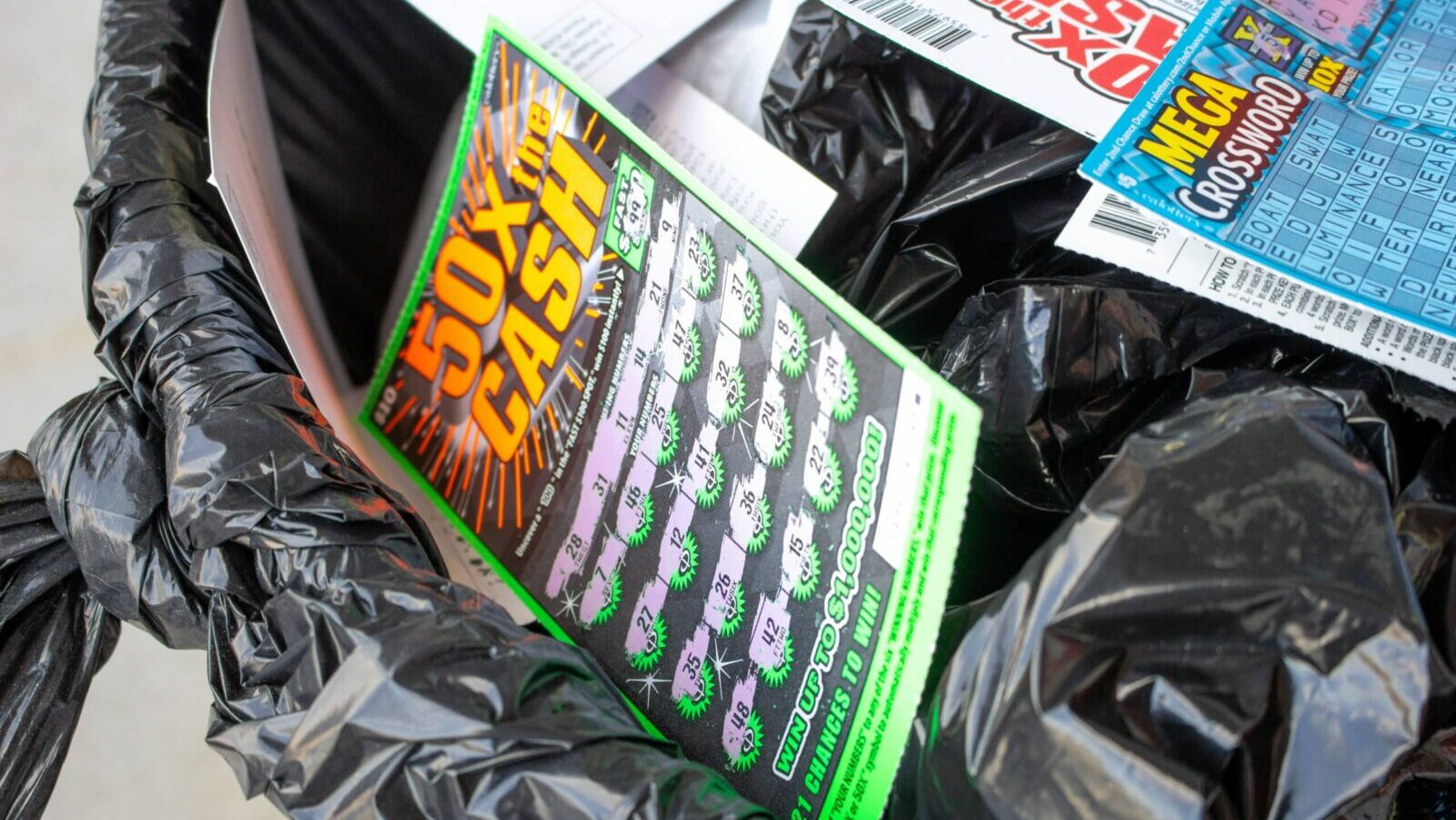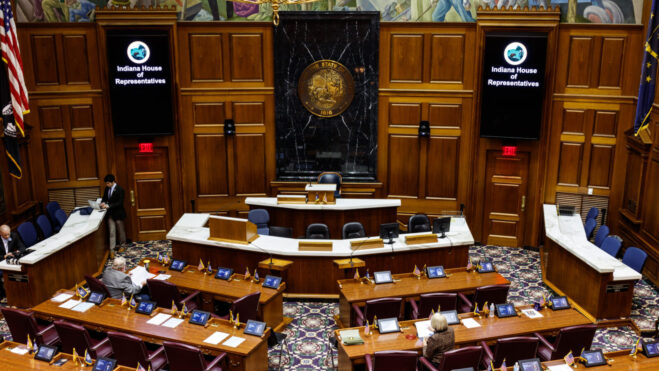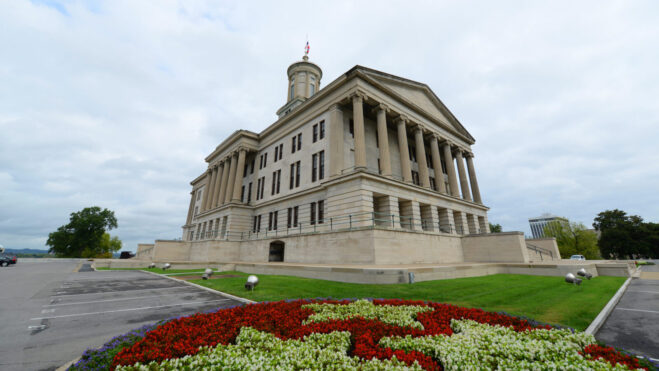Alabama Senate Removes Casinos And Sports Betting From Gambling Plan, Focusing Only On Lottery
The new version of the legislation will move the date when voters would decide on lottery to Sept. 10, during a special election.
2 min
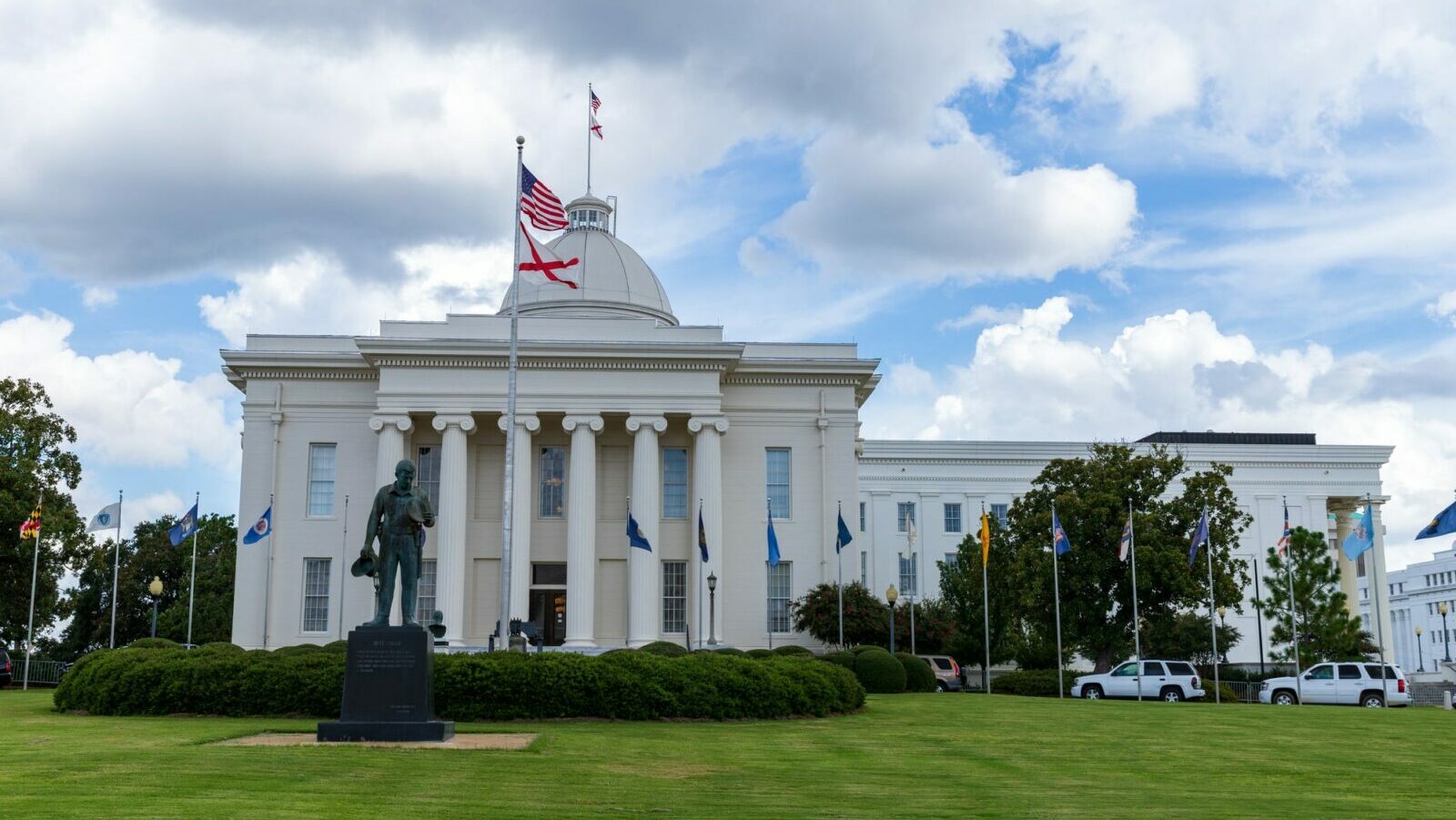
After a series of back-and-forth conversations late Tuesday evening, the Alabama Senate approved a toned-down version of its gambling legislation. The bill will now exclude full casino games and sports betting and instead will focus solely on the lottery.
The prior legislation that passed the Alabama House would have allowed for opening up to seven casinos and regulating sports betting in addition to creating a state lottery.
The new version of the legislation will move the date when voters would decide on a constitutional amendment. The date would be Sept. 10 during a special election, instead of as part of the general election in November.
What is to come
Sen. Greg Albritton, R-Atmore, the Senate sponsor of the legislation, told Al.com that the changes were made to help the legislation garner enough votes to pass.
It had become apparent that many Republican senators did not support the legalization of casinos or sports betting. Sen. Chris Elliott (R-Josephine) told the Alabama Daily News that he was among those who wanted the vote to be only on the lottery. Including anything else would risk the entire effort falling through.
Albritton said they had to remove sports betting because they were worried about its harmful impact on young people.
“The most common one was the fear that this would draw in youth too rapidly and too egregiously and too openly,” Albritton said.
The amended legislation was approved by the Senate Tourism Committee on voice votes. That puts it in position for consideration by the Senate, where the constitutional amendment will need a three-fifths vote — 21 of the 35 senators — to pass.
If the legislation passes the Senate, it would have to be brought back to the House because of the changes made. Should the House not approve the many changes — there are debates on social media arguing both sides — the legislation would then have to go to a conference committee that would try to reach a compromise between the two versions.
Deeper dive into the legislation
According to Albritton, the legislation creates a gaming commission with an enforcement division. The gaming commission would limit, regulate, and tax gambling in the state, which now falls under a patchwork of local amendments.
“Those are the things that we’re trying to get started with and capturing that, controlling it, regulating it, getting the enforcement division set up and doing our job as a state to control this industry,” Albritton said.
The legislation would repeal the local constitutional amendments on gambling and prevent future ones. It would limit gambling to the racetracks in the counties of Greene, Jefferson, Macon, and Mobile, plus an additional location in Greene County, the existing bingo halls in Houston County, and the town of White Hall in Lowndes County.
The facilities would be allowed to offer pari-mutuel betting on horse racing and dog racing through simulcasts as well as gambling on historical racing machines. The proposed amendment would levy a tax of between 24 and 32% on gambling activities.
From what Albritton said, the legislation would not allow for electronic bingo or casino games.
But that’s not to say those couldn’t happen elsewhere. The proposed plan would allow the government to enter into negotiations with the Poarch Band of Creek Indians. If an agreement is reached, the tribe could offer full-scale casino games on tribal lands in Atmore, Wetumpka, and Montgomery, which now offer electronic bingo.
Where will the proceeds go?
Albritton said the lottery and other gambling proceeds would go to the state General Fund through March 30, 2029. After that date, the education budget, the General Fund, and roads and bridges would each receive one-third of the proceeds.
In response to a question about why the date of the constitutional amendment vote was changed from the general election in November to the special election on Sept. 10, Albritton said, “That’s what I had to do to get the votes.”




